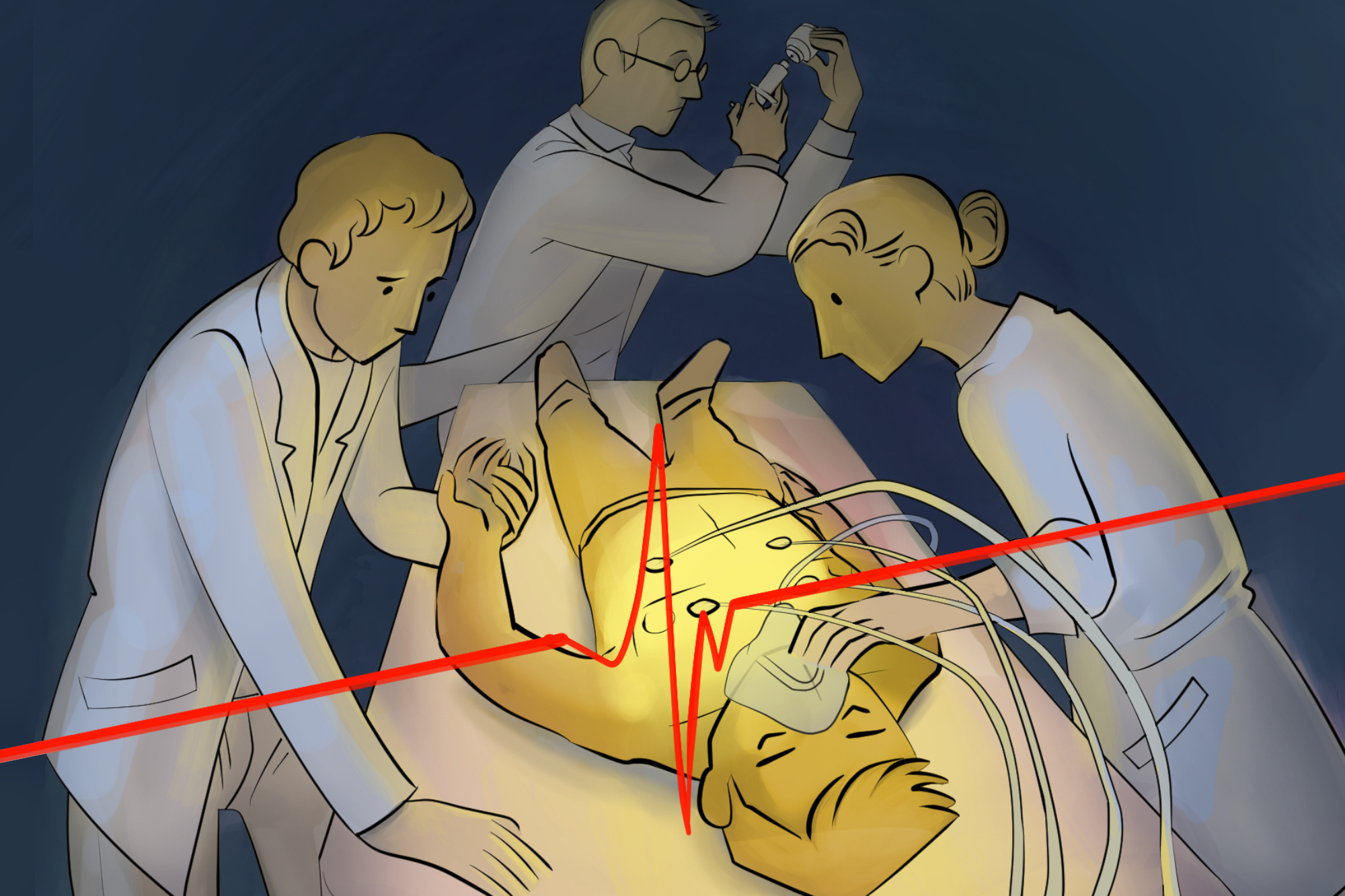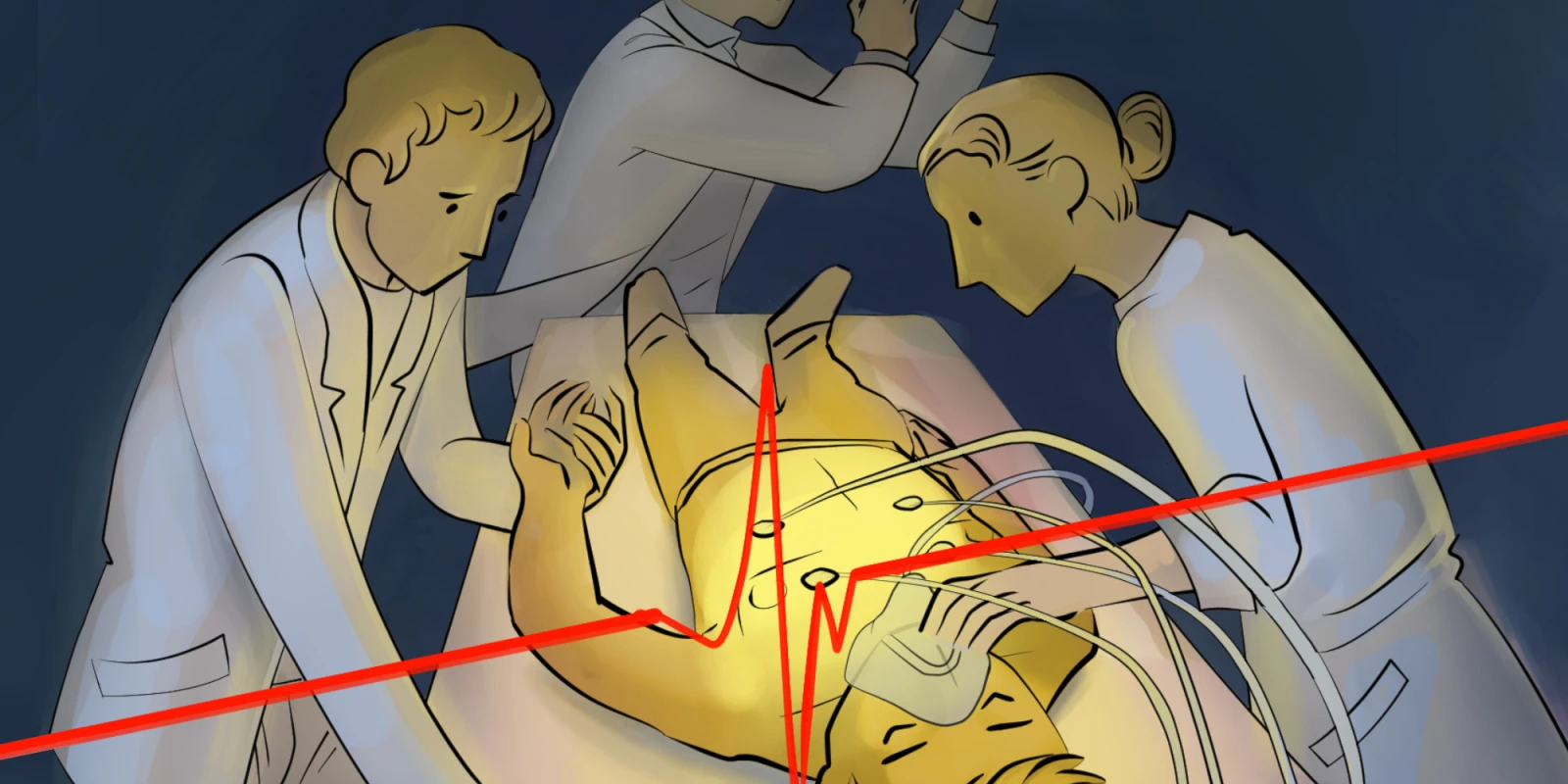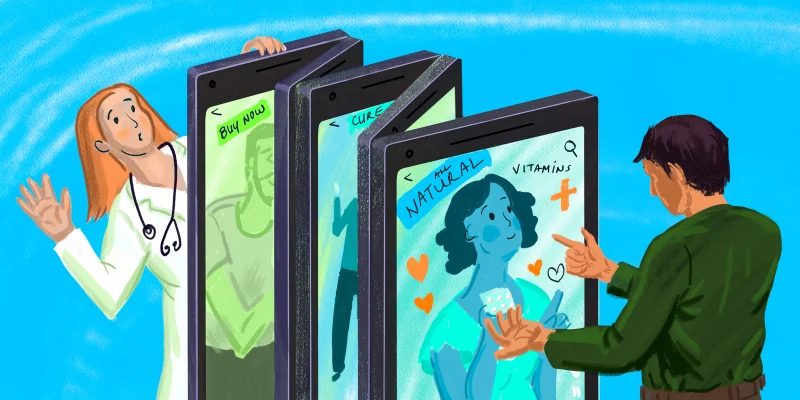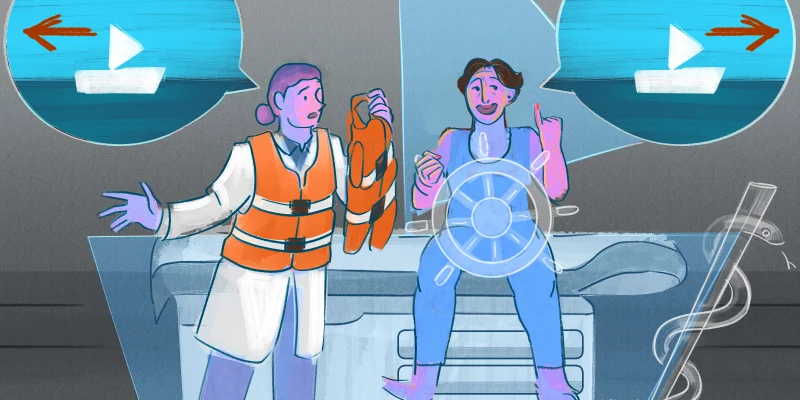 As the COVID-19 pandemic gains purchase across the United States, time is running out. If we do not take further action, waves of suffering and loss of life will soon touch us all. Our hospitals are overflowing with the sick and dying. The elderly and medically vulnerable are suffering most cruelly. Evidence-based policies to mitigate and suppress the pandemic, such as social distancing, wide-spread testing. and strict isolation are saving lives. These approaches are our best chance of keeping people alive until we have a vaccine for the virus.
As the COVID-19 pandemic gains purchase across the United States, time is running out. If we do not take further action, waves of suffering and loss of life will soon touch us all. Our hospitals are overflowing with the sick and dying. The elderly and medically vulnerable are suffering most cruelly. Evidence-based policies to mitigate and suppress the pandemic, such as social distancing, wide-spread testing. and strict isolation are saving lives. These approaches are our best chance of keeping people alive until we have a vaccine for the virus.
But they were started too late. The federal government’s appalling prevarication in response to the evidence-based recommendations of the medical community has left me enraged, but hardly surprised. It is a pattern. Failing to respond appropriately to the coronavirus pandemic is only the latest example of American policymakers neglecting to perform their most basic duty: to enact policies that keep people alive.
While the coronavirus may be novel, this neglect is nothing new. For years, policymakers have been looking away from Americans dying decades too young. So many have died so young, in fact, that life expectancy in the U.S. declined steadily between 2014 and 2018.
Sir Angus Deaton and Anne Case of Princeton, just out with a book on the topic, first described these early deaths as “deaths of despair.” But these deaths are better understood as deaths of disregard. Government officials at every level have so wholly disregarded the needs of vulnerable Americans that they are dying younger.
Case and Deaton initially noted these deaths noted in white, rural communities, but Dr. Steven Woolf has demonstrated that in fact, Americans of all racial and ethnic backgrounds are dying younger. Drug overdose, alcohol use, and suicide account for the majority of those deaths. But thousands more Americans are now in poorer health and dying of treatable chronic disease, such as heart disease, than in the past.
Evidence tells us that insuring poor adults with the public health insurance program Medicaid saves lives by giving people access to health care. And yet, 14 states continue to deny poor adults this insurance.
Evidence tells us that treating opioid use disorder, the leading cause of these early deaths, with medication dramatically reduces the risk of death by overdose. And yet, only a very small portion of individuals suffering from opioid use disorders have access to these medications. Medicare, the government’s flagship public insurance for seniors, won’t even cover methadone, the mainstay medication used to treat opioid use disorder.
Evidence tells us that access to a firearm is a risk factor for suicide. And yet, the senate continues to sit on legislation that would modestly tighten regulation of gun sales. Suicide continues to cut short the lives of thousands of Americans.
Thus, coronavirus has shone a spotlight on a pattern: far too often, our public policy is blind to evidence and reason.
Over the last few years, I have thought about many of my dead patients. I have wondered about whether they might be alive if lawmakers made different choices.
The story of one of them sticks with me. His name was Mr. S. The first day I met him, I knew he would die within months. I remember that his t-shirt stretched taut across his distended stomach and gathered in folds over his thin chest, so it read PRTS instead of PATRIOTS. His eyes glowed yellow. Mr. S was only 52 when his liver failed and he died. His liver disease was eminently treatable, but he didn’t see a doctor for most of his adult life. His work did not provide him health insurance and he lived in a state that did not provide Medicaid. Our policymakers ignored the evidence and he died as a result.
Over the last few weeks, each night as I try to sleep, I wonder which of my patients will die of coronavirus in the coming weeks. I wonder how many of my colleagues will die because of bad choices officials have made.
Audrey Provenzano, MD, is an internist and Unit Chief of the Massachusetts General Hospital Chelsea Healthcare Center.
Illustration by April Brust
Click here to see more perspectives on COVID-19 from the Doximity network.
Click here for up-to-date news about COVID-19 on Doximity.






